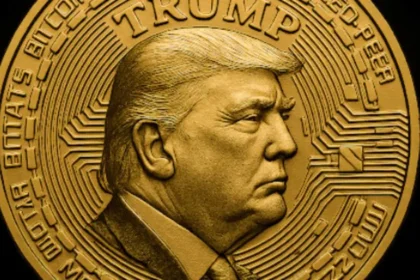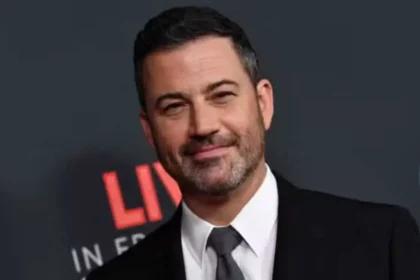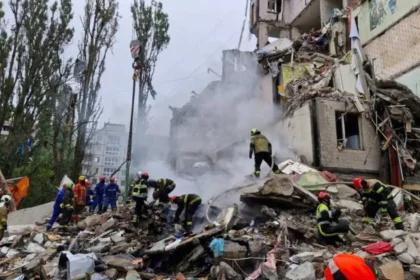European powers are set to reimpose UN sanctions on Iran after talks with Tehran failed to produce serious progress. French President Emmanuel Macron confirmed that sanctions will return unless Iran makes meaningful concessions. Iranian Foreign Minister Abbas Araqchi has presented a Reasonable and Actionable Plan to the European powers to try and avert the crisis, but officials have dismissed the proposal.
At the end of August the E3 Britain France and Germany launched a 30-day process to restore UN sanctions on Iran. The process allows the European powers to trigger the snapback mechanism under the Joint Comprehensive Plan of Action JCPOA.
The goal of the snapback is to ensure Iran complies with nuclear inspections and transparency requirements. European officials offered a six-month delay if Iran permits full access for inspectors and engages in direct talks with the United States.
At the end of August the E3 Britain France and Germany launched a 30-day process to restore UN sanctions on Iran. The process allows the European powers to trigger the snapback mechanism under the Joint Comprehensive Plan of Action JCPOA. The goal of the snapback is to ensure Iran complies with nuclear inspections and transparency requirements. European officials offered a six-month delay if Iran permits full access for inspectors and engages in direct talks with the United States.
President Emmanuel Macron stated that sanctions will likely be reinstated by the end of the month. He emphasized that Irans latest responses were not serious and failed to meet conditions set by the E3.
Macron’s remarks underline Europe’s position that meaningful concessions are required. Without them the snapback mechanism will automatically reactivate UN sanctions against Tehran.
Talks Between Europe and Iran Stall
E3 foreign ministers the EU foreign policy chief and Iran’s representatives held phone discussions. Diplomats on both sides acknowledged that no substantial progress was made. Despite the stalled talks the door remains open for negotiations. Both sides hope a resolution can be reached before the UN Security Council votes on the sanctions resolution.

The 15 member UN Security Council is scheduled to vote on a resolution to permanently lift UN sanctions. Diplomats say the resolution is unlikely to get the nine votes needed to pass. Even if the resolution were approved the United States Britain or France could veto it. This highlights the complexity of international consensus on Iran’s nuclear program.
Iran’s Deputy Foreign Minister Saeed Khatibzadeh condemned the European initiative as politically biased and motivated. He accused Britain France and Germany of misusing the JCPOA snapback mechanism. Tehran insists that sanctions are unnecessary if it continues cooperating with inspections. Officials argue that the European approach ignores diplomatic opportunities and escalates tensions in the region.














